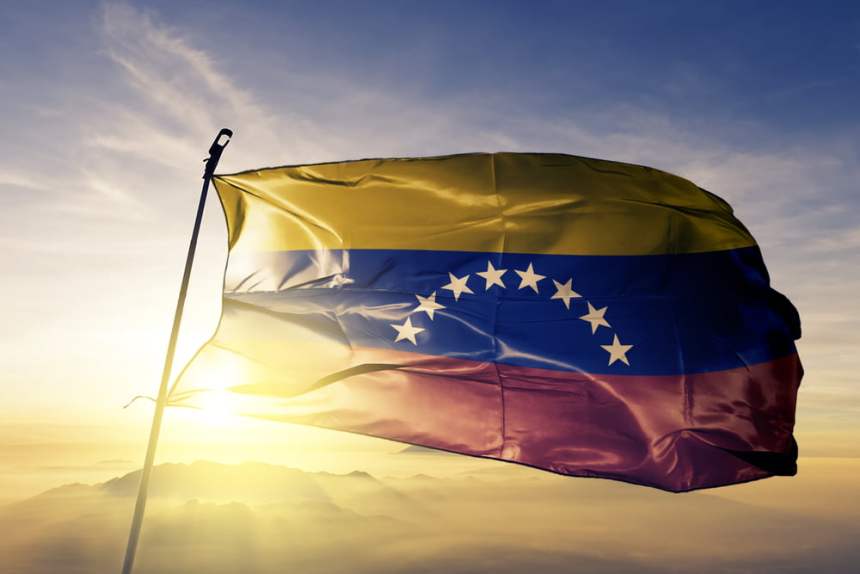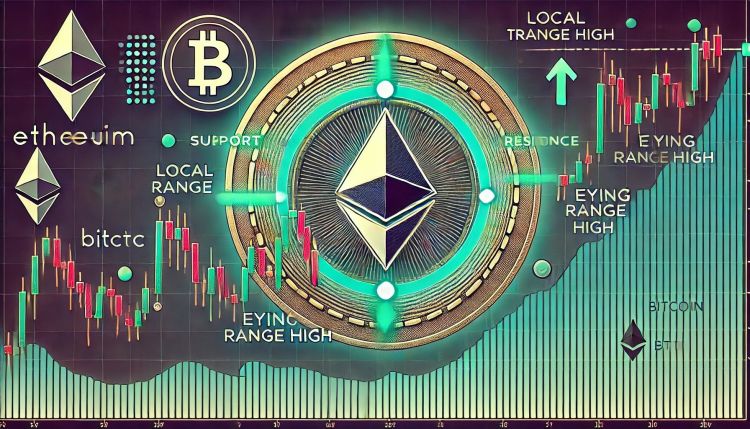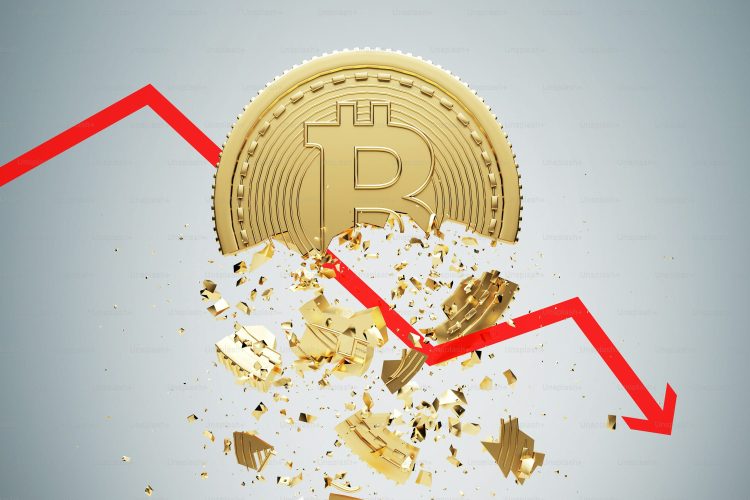Reason to trust

How Our News is Made
Strict editorial policy that focuses on accuracy, relevance, and impartiality
Ad discliamer
Morbi pretium leo et nisl aliquam mollis. Quisque arcu lorem, ultricies quis pellentesque nec, ullamcorper eu odio.
The superintendente of “Nacional de Criptoactivos (SUNACRIP) in Venezuela, Joselit Ramírez, has appeared on national radio to encourage people to use the Venezuelan state-backed crypto asset, the petro. Ramírez reminded listeners that the “Sistema Patria” was now online for simple, secure remittance payments.
Last year, the government of Venezuela became the first on the planet to launch a purely digital currency. The petro is supposedly backed by the nation’s oil reserves.
Venezuela Still Trying to Get People to Use its State-Backed Crypto…
According to a post on the vice president of Venezuela’s website, Joselit Ramírez urged listeners to use the newly-created national remittance payment system during a radio show presented by himself and dedicated to the topic of crypto assets. The show was broadcast on the nation’s state-sponsored radio network, Radio Nacional de Venezuela.
SUNACRIP, according to its website, is an autonomous body dedicated to regulating crypto asset activities.
¡Ja! Traducción: Busquen meter sus churupitos en otra vaina, porque el bolívar ya no sirve ni como papel higiénico.
No solo el petro, el bitcoin, el dólar, el euro… cualquier activo es un salvavidas para los ingresos venezolanos. https://t.co/7Xfe3TQ2W9 https://t.co/pZd4MFWXJd— Luis Mendoza 🛸 (@MendozasWork) August 26, 2019
During the radio broadcast, Ramírez stated that the recently-completed “Sistema Patricia”, designed for sending money from overseas back to Venezuela, was both fast and safe, whilst being less prone to inflationary pressures than previous alternatives. The regulator said:
“It is the easiest, easiest and safest way to send money, and it is the only way that income is not depreciated.”
He added that the petro was launched by Nicolás Maduro last January as a means of fighting back against the US dollar and to help the nation “heal the wounds of war”.
Ramírez continued, arguing that the world is evolving and therefore needs new payment systems. He stated:
“The traditional financial system is no longer enough. That’s why cryptocurrencies arrived to open their eyes to the economic world.”
Since the petro was launched last year, there has been little evidence of any adoption of it in Venezuela, despite continuing efforts of the government to encourage its use. It seems highly doubtful that the government-backed effort will find widespread use anytime soon either.
Why, after all, should the public trust a different government-created currency given that the national currency, the bolivar, has seen such violent and destructive devaluation as a result of government policy.
The severity of the hyperinflation that has plagued Venezuela in recent years has caused many crypto asset proponents to argue that the nation represents a prime candidate to be the scene of the first ever example of “hyper-bitcoinisation” (a rejection of fiat currency in favour of Bitcoin). Isolated efforts of mining and occasional anecdotal reports of families using Bitcoin to protect their wealth versus a rapidly deteriorating bolivar fuel this romantic, yet debatable narrative.
There are some that argue that no such embrace of crypto assets is going on and that it would take more than the wide adoption of a decentralised currency out of government control to address the socioeconomic issues facing the nation today.
Related Reading: Venezuelan President Orders Banks to Adopt Petro
Featured Image from Shutterstock.





















